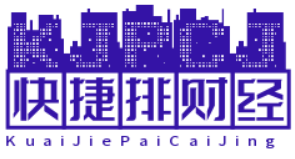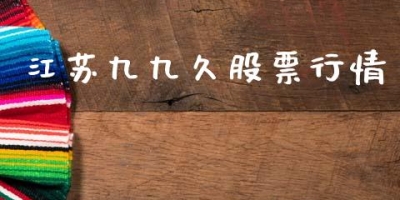利用期货市场进行套期保值(利用期货市场进行套期保值可以帮助生产经营者)

套期保值是利用期货市场规避特定资产的价格风险的一种策略。在农业、能源和其他大宗商品领域,生产经营者经常使用套期保值来管理其业务的风险敞口。
套期保值的类型
有两种主要类型的套期保值策略:
- 买入套期保值:当企业或个人预期资产价格将下跌时,他们就会买入一份看涨期货合约。如果价格确实下跌,看涨期货合约的价格就会上涨,从而抵消资产价格下跌造成的损失。
- 卖出套期保值:当企业或个人预期资产价格将上涨时,他们就会卖出一份看跌期货合约。如果价格确实上涨,看跌期货合约的价格就会下跌,从而抵消资产价格上涨带来的损失。
套期保值的优势
利用期货市场进行套期保值可以为生产经营者提供以下优势:
- 降低价格风险:套期保值可以锁定资产的未来价格,从而减少价格波动带来的不确定性。这有助于稳定现金流并提高财务可预测性。
- 保护利润:当资产价格上涨时,套期保值可以保护已经实现但尚未变现的利润。这有助于防范由于价格下跌而导致的利润损失。
- 机会成本最小化:通过锁定未来的价格,企业可以避免错过潜在的市场机会。他们可以专注于其他业务领域,而不用担心价格风险。
- 投机套利:虽然套期保值的目的是降低风险,但它也可以用于投机目的。如果企业或个人预期价格将以特定方向波动,他们可以进行与预期相反的套期保值,以从价格变动中获利。
实施套期保值
实施套期保值策略涉及以下步骤:
- 确定风险敞口:确定需要对冲的资产或商品。
- 选择期货合约:选择与资产或商品最接近的期货合约。
- 设置头寸规模:根据风险敞口大小,确定要买入或卖出的期货合约数量。
- 持续监控:定期监控期货合约和资产价格,并在必要时调整头寸。
实例
以下是一个利用期货市场进行套期保值的实际例子:
Suppose a farmer expects the price of wheat to fall. They can enter into a buy hedge by purchasing a wheat futures contract. If the price of wheat falls, the futures contract will increase in value, offsetting the losses incurred on the physical wheat.
Conversely, if a company expects the price of crude oil to rise, they can enter into a sell hedge by selling a crude oil futures contract. If the price of crude oil rises, the futures contract will decrease in value, offsetting the gains made on the physical oil.
利用期货市场进行套期保值是一种有效的风险管理工具,可以帮助生产经营者减少价格风险、保护利润、最小化机会成本和投机套利。通过遵循上述步骤进行套期保值,企业和个人可以提高其财务稳定性和盈利潜力。












